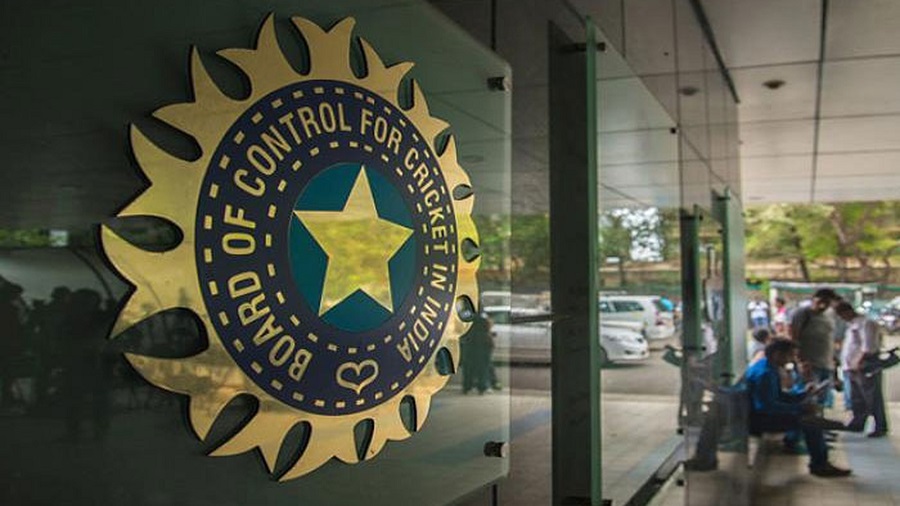In a landmark move, the Board of Control for Cricket in India has announced that centrally-contracted women cricketers will receive the same fees as their male counterparts for international matches. Under the new pay equity policy, women will thus earn Rs 15 lakh for a Test match, Rs 6 lakh for a one-day international and Rs 3 lakh for a Twenty20 International, significantly more than the current pay of Rs 2.5 lakh for a Test and Rs 1 lakh for an ODI or T20I match. Some disparities in the central contract payments remain unaddressed — currently, Grade A female cricketers receive an annual payment of Rs 50 lakh while their male peers get Rs 7 crore. In spite of these gaps, the BCCI must be lauded for addressing a longstanding concern in professional cricket which has, so far, cited lack of viewership and sponsorship as reasons for neglecting women’s teams. In fact, the BCCI is only the second board — after that of New Zealand — that will have equal pay structures for men and women cricketers. Although female cricketers in Australia and England have seen a pay hike in recent years, pay parity remains elusive.
When the BCCI took full control of women’s international cricket cricket in 2006, many were hopeful that female players would get to play more matches, be given better training and grounds, and even transport. But the women’s team continued to lack robust funding and for two years after the BCCI took over it did not pay match fees to the players. Even now, the number of matches being played by women cricketers is abysmally low when compared to men, automatically bringing to question the difference in income that may persist in real terms. The BCCI must push for more international matches for women and overhaul the cricketing infrastructure in the country to ensure that female players do not lack modern facilities. The challenges before aspiring female cricketers are many, beginning with social barriers that prevent girls from pursuing a career in sports. A survey found that 72% girls were made fun of while learning cricket. The infrastructure for women’s cricket remains woefully poor — Madhya Pradesh opened its first cricket academy for women only earlier this year. There is an urgent need for equitable facilities at the grassroots level without which one cannot hope for female cricketers to shine internationally. The BCCI must now focus on bridging these anomalies if it truly plans to elevate the women’s game.










